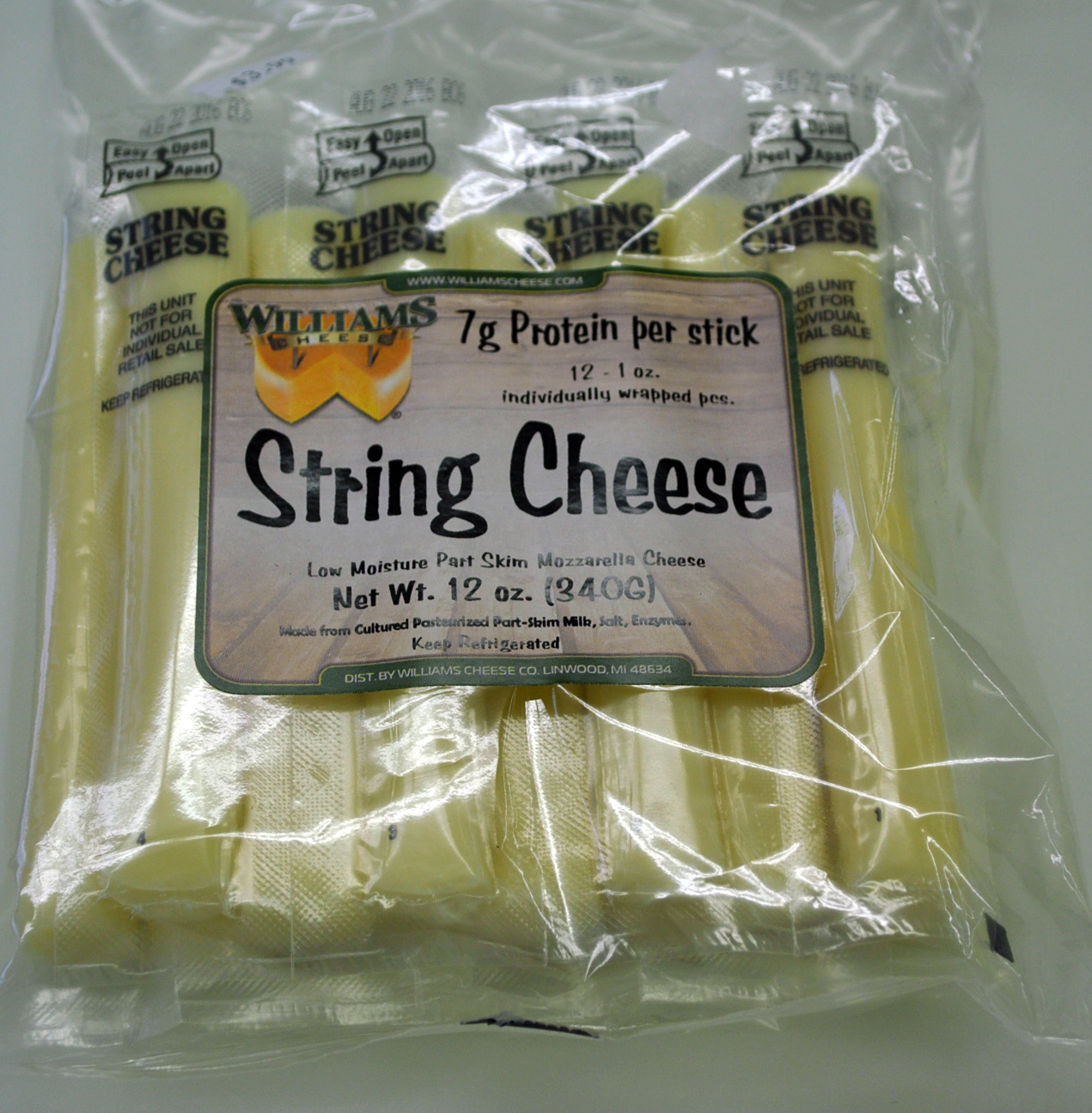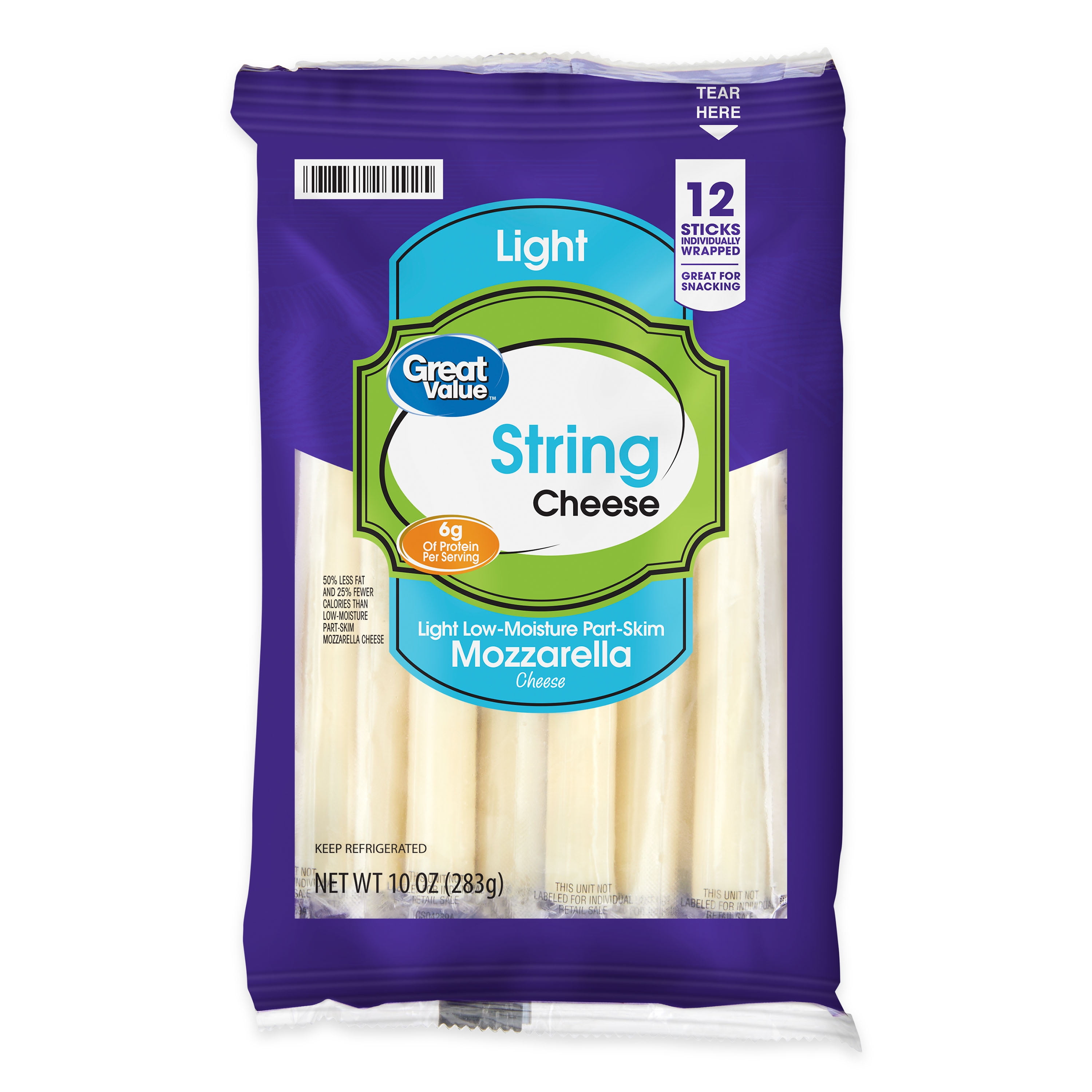Let’s face it, doggos love snacks as much as we do. But when it comes to string cheese, is it really safe for our furry friends to indulge? If you’ve ever caught your pup staring longingly at your snack or wondered if string cheese can be a part of their diet, you’re in the right place. Today, we’re diving into the world of string cheese and dogs—because who doesn’t love a good cheesy tale?
As pet parents, we’re always on the lookout for treats that are both tasty and safe for our four-legged companions. While string cheese might seem like a harmless snack, there are a few things you need to know before sharing it with your pupper. After all, their health and happiness come first!
In this article, we’ll break down everything you need to know about string cheese and dogs. From nutritional info to potential risks, we’ve got you covered. So grab a cup of coffee (or maybe some string cheese for yourself), and let’s get started!
- Unraveling The Mystery How Long Is Molly Noblitt In Jail For
- Unveiling The Life Of Molly Noblitt A Journey Through Her Story
Table of Contents
- Introduction to String Cheese and Dogs
- Nutritional Value of String Cheese
- Is String Cheese Safe for Dogs?
- Potential Risks of Feeding String Cheese
- Feeding String Cheese in Moderation
- Cheesy Alternatives for Dogs
- FAQ About Dogs and String Cheese
- Expert Opinions on Canine Diets
- Tips for Healthy Snacking
- Final Thoughts
Introduction to String Cheese and Dogs
Let’s talk about string cheese, the snack that’s as fun to eat as it is to say. String cheese is a type of mozzarella that’s been processed to make it easy to peel into strings. It’s a favorite among kids and adults alike, but what about our canine companions?
While string cheese isn’t inherently toxic to dogs, there are a few factors to consider before offering it to your furry friend. For starters, dogs have different dietary needs than humans, and not all human foods are safe for them. Plus, some dogs may have sensitivities or allergies to dairy products.
In this section, we’ll explore why string cheese might be tempting for dogs and whether it’s worth sharing with your pup. Spoiler alert: It depends!
Nutritional Value of String Cheese
String cheese is more than just a snack—it’s packed with nutrients that can benefit humans. But how does it stack up for dogs? Here’s a quick breakdown:
Nutrients in String Cheese
- Protein: String cheese is a great source of protein, which is essential for muscle development and overall health.
- Calcium: Calcium is important for strong bones and teeth, making string cheese a potential boon for dogs.
- Low in Fat: Compared to other cheeses, string cheese is relatively low in fat, which makes it a better option for dogs who need to watch their weight.
However, it’s important to note that dogs don’t necessarily need dairy in their diet. While string cheese isn’t a nutritional powerhouse for dogs, it can be an occasional treat in moderation.
Is String Cheese Safe for Dogs?
The big question: Can dogs have string cheese? The short answer is yes, but with caveats. String cheese is generally considered safe for dogs, provided they don’t have any underlying health issues or dairy sensitivities.
Most dogs can tolerate small amounts of dairy, but it’s always a good idea to introduce new foods gradually. If your dog has never had string cheese before, start with a tiny piece and monitor them for any adverse reactions.
Signs of Dairy Intolerance
- Upset stomach
- Diarrhea
- Vomiting
- Gas or bloating
If your pup exhibits any of these symptoms after eating string cheese, it’s best to avoid it in the future. Remember, not all dogs are created equal when it comes to dietary preferences!
Potential Risks of Feeding String Cheese
While string cheese isn’t toxic to dogs, there are a few risks to keep in mind:
1. High Sodium Content
String cheese often contains a fair amount of sodium, which can be harmful to dogs if consumed in large quantities. Excessive sodium can lead to dehydration, kidney issues, and other health problems.
2. Dairy Sensitivities
Some dogs have trouble digesting lactose, the sugar found in dairy products. If your pup has a lactose intolerance, string cheese could cause digestive upset.
3. Choking Hazard
String cheese can be stringy and tough, making it a potential choking hazard for smaller dogs. Always supervise your pup when they’re eating string cheese, and consider cutting it into smaller pieces.
By being aware of these risks, you can make informed decisions about whether string cheese is right for your dog.
Feeding String Cheese in Moderation
When it comes to feeding string cheese to your dog, moderation is key. Treats should make up no more than 10% of your dog’s daily caloric intake, so it’s important to keep portion sizes in check.
Here are a few tips for feeding string cheese safely:
- Start with small pieces to see how your dog reacts.
- Limit servings to once or twice a week.
- Choose low-sodium varieties if possible.
- Monitor your dog for any adverse reactions.
Remember, treats are just that—treats! They shouldn’t replace a balanced diet of high-quality dog food.
Cheesy Alternatives for Dogs
If you’re looking for cheesy treats that are safer for dogs, there are plenty of options to choose from:
1. Cottage Cheese
Cottage cheese is a softer, lower-fat alternative to string cheese. It’s also easier for dogs to digest, making it a great option for pups with sensitive stomachs.
2. Yogurt
Plain, unsweetened yogurt is another dairy product that many dogs can tolerate. It’s packed with probiotics that can support digestive health.
3. Dog-Safe Cheese Treats
There are plenty of commercial cheese treats designed specifically for dogs. These treats are formulated to be safe and nutritious, so you can feel good about sharing them with your pup.
By exploring these alternatives, you can find a cheesy treat that your dog will love without the risks associated with string cheese.
FAQ About Dogs and String Cheese
Got more questions about string cheese and dogs? We’ve got answers!
Q: Can puppies eat string cheese?
A: Puppies have delicate digestive systems, so it’s best to avoid giving them string cheese. Stick to puppy-safe treats until they’re older.
Q: Can string cheese help with my dog’s teeth?
A: While string cheese isn’t a substitute for proper dental care, the act of chewing it might help remove plaque from your dog’s teeth. However, regular brushing is still the best way to keep their teeth clean.
Q: What should I do if my dog eats too much string cheese?
A: If your dog eats a large amount of string cheese, keep an eye out for signs of digestive distress. If they seem uncomfortable or exhibit any concerning symptoms, contact your vet for advice.
Expert Opinions on Canine Diets
When it comes to feeding your dog, it’s always a good idea to consult with a veterinarian or canine nutritionist. These experts can provide personalized advice based on your dog’s breed, size, and health needs.
According to Dr. Sarah Thompson, a board-certified veterinary nutritionist, “While string cheese can be an occasional treat for dogs, it’s important to focus on a balanced diet that meets all of their nutritional needs. Treats should complement, not replace, a high-quality dog food.”
By following expert advice, you can ensure that your dog stays healthy and happy.
Tips for Healthy Snacking
Here are a few tips for keeping your dog’s snacking habits healthy:
- Stick to dog-safe treats and snacks.
- Limit treats to no more than 10% of your dog’s daily calories.
- Choose low-sodium, low-fat options whenever possible.
- Always introduce new foods gradually and monitor for reactions.
With a little planning and care, you can keep your dog’s snack time both fun and safe!
Final Thoughts
So, can dogs have string cheese? The answer is yes, but with caution. While string cheese isn’t toxic to dogs, it’s important to consider factors like sodium content, dairy sensitivities, and portion control. By introducing string cheese gradually and monitoring your dog’s reactions, you can decide if it’s a treat worth sharing.
Remember, your dog’s health and happiness are top priorities. Always consult with your vet before introducing new foods, and don’t hesitate to explore other dog-safe treats if string cheese isn’t a good fit for your pup.
Now it’s your turn! Have you ever shared string cheese with your dog? What are some of your favorite dog-safe snacks? Share your thoughts in the comments below, and don’t forget to share this article with fellow dog lovers!


